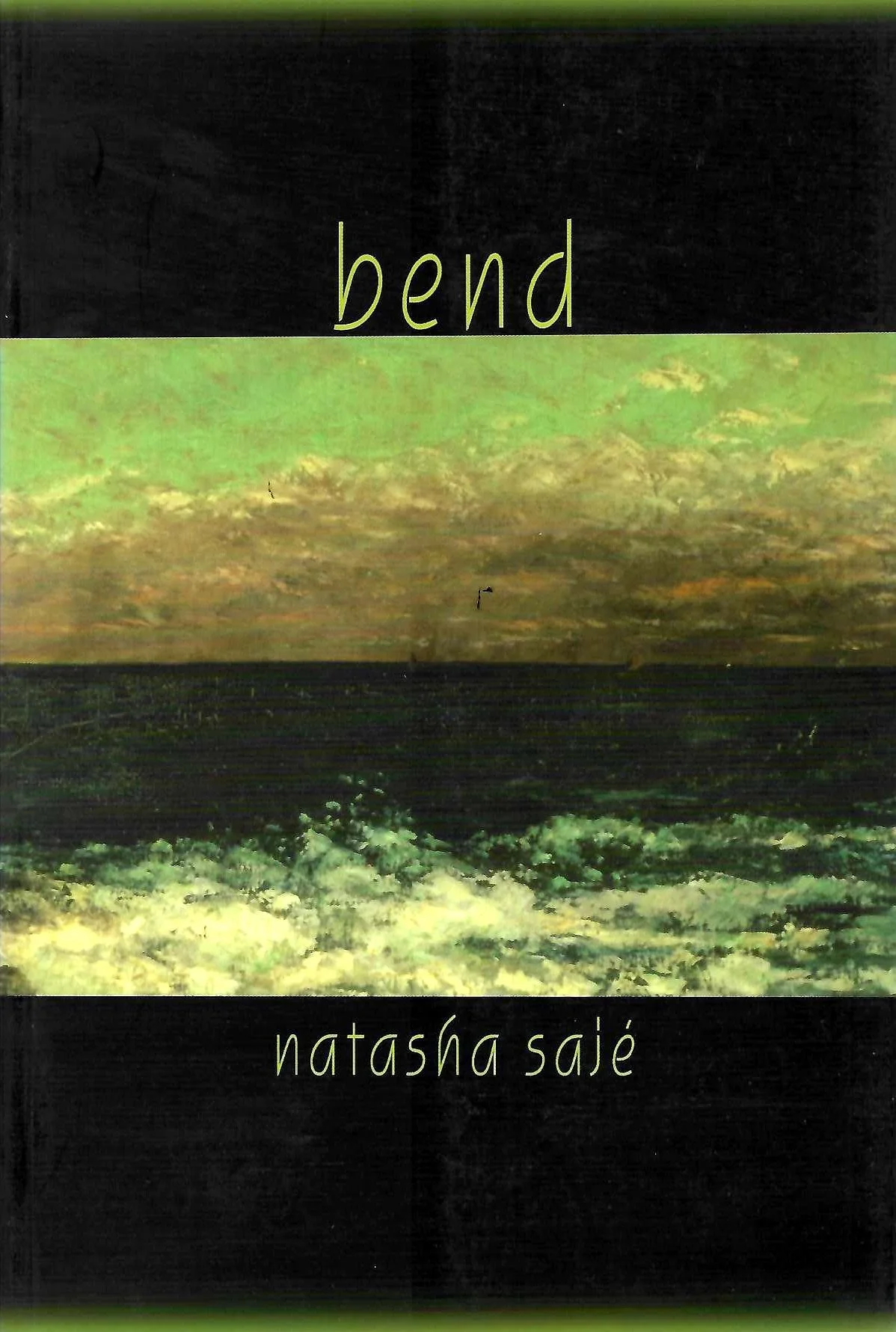About the Author
Natasha Sajé’s first book of poems, Red Under the Skin (Pittsburgh, 1994), won the Agnes Lynch Starrett Prize, and her second collection, Bend (Tupelo, 2004), was given the Utah Book Award in Poetry. Her book of essays Windows and Doors: A Poet Reads Literary Theory will be published by the University of Michigan Press in 2014. She teaches at Westminster College in Salt Lake City and in the Vermont College of Fine Arts MFA program.
Advanced Praise
“Natasha Sajé’s new book Bend divulges the spirit of a sensualist and the habits of a contemplative; sometimes vice versa. Colors are separated with the veracity of paint. Shifts in temperature are registered and background noises distinguished, not only for texture’s sake but for their essential contribution to the poems’ substance. Fine foods are sung and individual words lit. For company Sajé summons a curious assortment of lettered forbears including Cotton Mather, Henry Vaughan, Nietzsche, Proust, Gertrude Stein, and Mary Shelley. A virtuous and subtly depraved book is Bend”—C.D. Wright
“The language of Sajé’s poems dares the world to be delightful and I’m delighted to see it rise to the challenge. Guillevic once hoped that poetry would “do to things what light does to them,” and Sajé’s poems do just that, waking up the plants, pleating the landscape like an accordion, giving fruits their Zurbaran-like precision in bowls of perfect sunlight. There is also the sure-footed gliding into the absence of light for an occasional raid of revenge into the past. Sajé’s light-language reflects and shocks the objects it considers before they know what touched them. A second reading is inevitable”—Andrei Codrescu
Format: Paperback
ISBN: 978-1-932195-03-3

